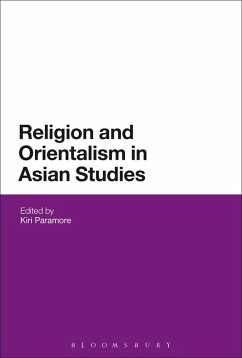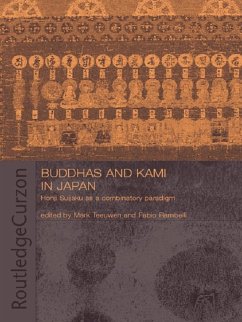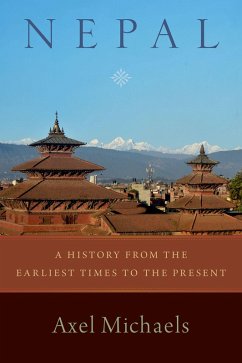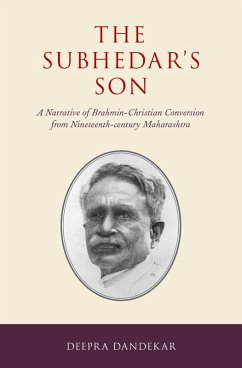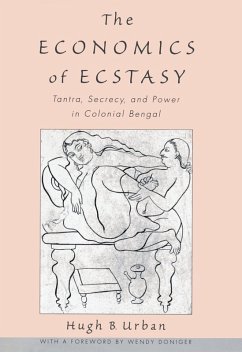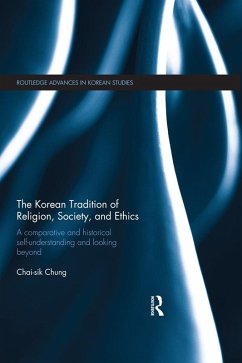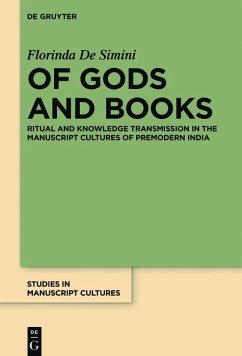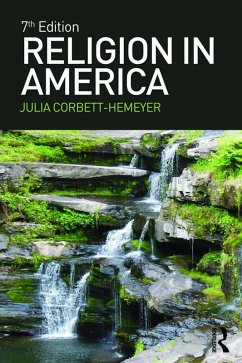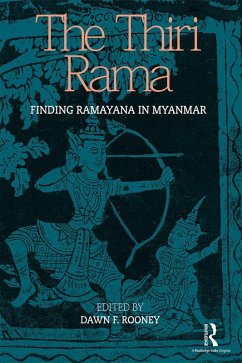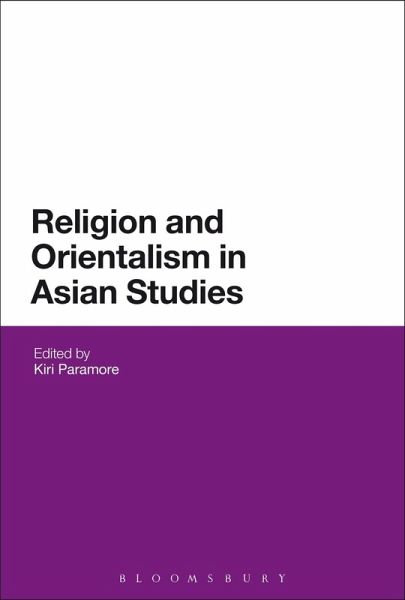
Religion and Orientalism in Asian Studies (eBook, PDF)

PAYBACK Punkte
14 °P sammeln!
Religion and Orientalism in Asian Studies analyses the role of religion in past and present understandings of Asia. Religion, and the history of its study in the modern academy, has exercised massive influence over Asian Studies fields in the past century. Asian Studies has in turn affected, and is increasingly shaping, the study of religion. Religion and Orientalism in Asian Studies looks into this symbiotic relationship - both in current practice, and in the modern histories of both Orientalism and Area Studies. Each chapter of the book deals with one regional sub-discipline in Asian Studies...
Religion and Orientalism in Asian Studies analyses the role of religion in past and present understandings of Asia. Religion, and the history of its study in the modern academy, has exercised massive influence over Asian Studies fields in the past century. Asian Studies has in turn affected, and is increasingly shaping, the study of religion. Religion and Orientalism in Asian Studies looks into this symbiotic relationship - both in current practice, and in the modern histories of both Orientalism and Area Studies. Each chapter of the book deals with one regional sub-discipline in Asian Studies, covering Chinese Studies, Japanese Studies, Korean Studies, South Asian Studies, Southeast Asian Studies, and Central Eurasian Studies. The chapters are integrated by shared themes that run through the past and present practice of Asian Studies, covering the role of state actors in originating Area Studies, the role of local scholarship in defining and developing it, the interaction between humanities and social science approaches, debates over the dominance of Western and/or modern categories and frameworks, the interaction of past and present and the role of religious actors and religious sensibilities in shaping Asian Studies.




